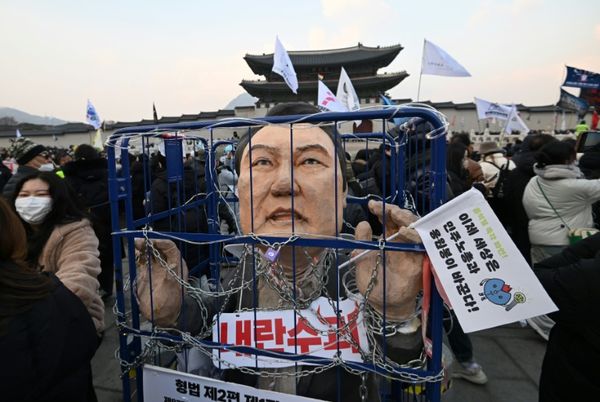
In a recent development in the long-standing dispute between Russia and Japan over the Kuril Islands, Russian Deputy Prime Minister Dmitry Medvedev has delivered a clear message to Japan: drop your territorial claim if you truly desire a peace treaty between our two nations. This bold statement has brought the contentious issue back into the spotlight, reigniting discussions on finding a resolution that would finally put an end to this lingering dispute.
The Kuril Islands, an archipelago located in the Sea of Okhotsk, have been at the heart of the disagreement between Russia and Japan for decades. After World War II, the Soviet Union took control of the islands, which Japan claims as its own based on historical claims and the presence of their indigenous population, the Ainu people. This territorial dispute has prevented both nations from signing a peace treaty to formally end hostilities from the war.
In an interview with an independent Russian media outlet, Medvedev emphasized that Russia currently has no intention of resolving the territorial dispute with Japan and urged the Japanese government to drop their claims if they want to move forward with a peace treaty. He made it clear that Russia is not willing to negotiate on the status of the Kuril Islands, reiterating Russia's position that they are an integral part of its territory.
While Japan has long sought the return of the Kuril Islands as a condition for signing a peace treaty, Medvedev emphasized that Russian sovereignty over the islands is non-negotiable. He mentioned that there have been attempts to find a compromise in the past, but all have ultimately failed due to Japan's insistence on reclaiming full control of all the islands.
This recent development adds another layer of complexity to an already complex issue. Despite the dispute, Russia and Japan have managed to maintain relatively stable diplomatic relations over the years. Both countries have recognized the importance of economic cooperation and have made efforts to strengthen their bilateral ties through various initiatives and agreements. However, the lack of a peace treaty remains a substantial hurdle in their relationship.
Medvedev's statement reflects Russia's firm stance on the territorial issue. It sends a clear message to Japan that unless they drop their claims over the Kuril Islands, a peace treaty will remain elusive. This serves as a reality check for Japan, forcing them to reassess their approach and consider alternative ways to establish a lasting resolution.
Moving forward, it is crucial for both Russia and Japan to engage in meaningful dialogue aimed at finding a compromise that respects the interests of both parties. Seeking a peaceful resolution to this territorial dispute will not only benefit Russia and Japan but also contribute to regional stability in East Asia.
While the road to a peace treaty may still be long and challenging, this recent statement by Medvedev underscores the need for both Russia and Japan to approach the issue with a willingness to explore new possibilities and find common ground. Only through genuine dialogue and a spirit of understanding can the long-standing dispute over the Kuril Islands be resolved, paving the way for a more prosperous relationship between these two important nations.







